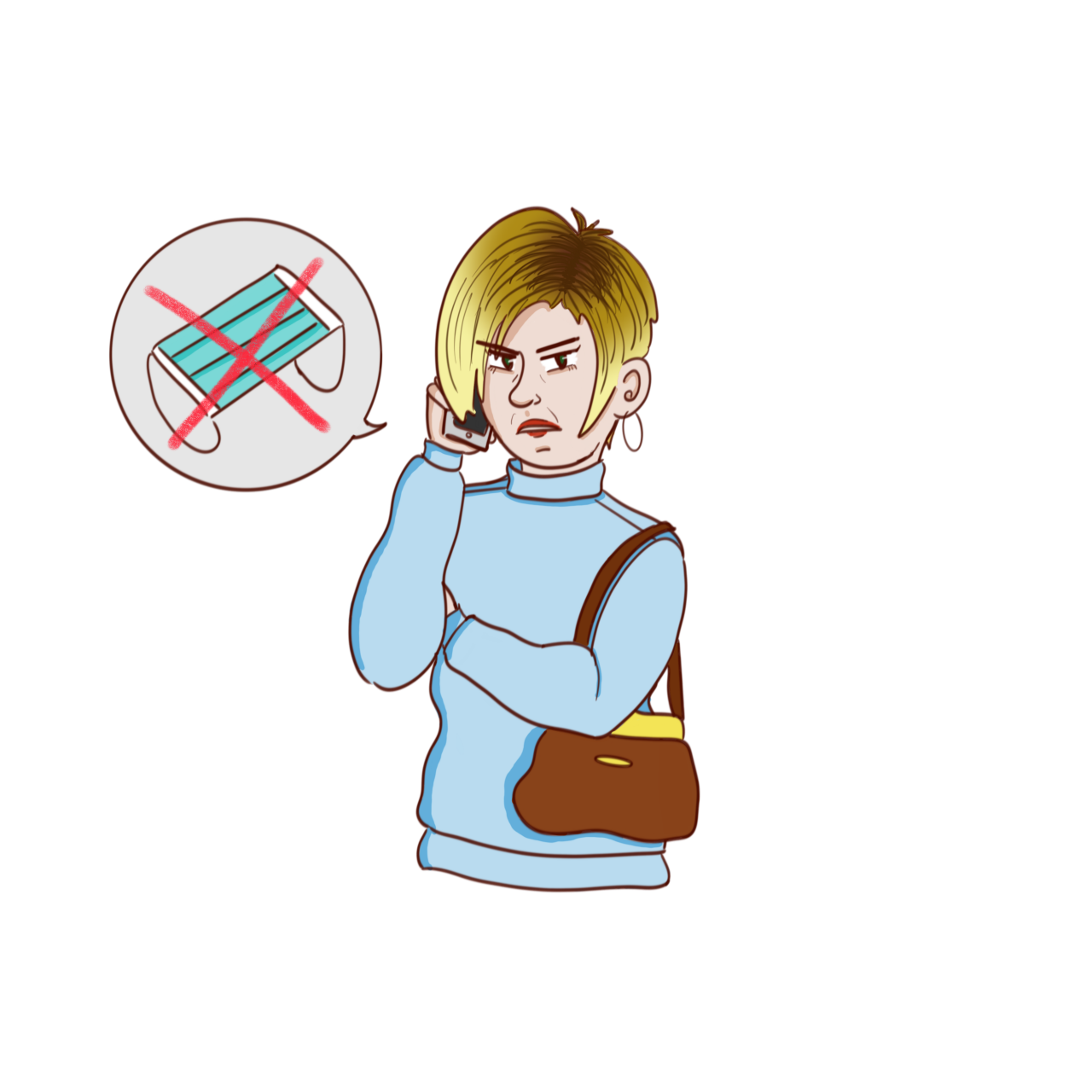illustration by Gracen Hoyle
Being a second-generation American immigrant, I straddle the lines of being culturally American and culturally Japanese. My parents made sure that Japanese culture and values were well-preserved in the family, so I received a good dose of Confucianism (and Evangelical Christianity) to form my moral consciousness. Growing up, I spent 12 years going to Japanese supplementary school, which acquainted me with kids that grew up in Japan and brought “authentic” Japanese culture and social rules into my sphere. Politeness and consideration for others guide typical Japanese social interactions, and there is a greater sense of individual responsibility towards larger society than in America. Although I never felt “Japanese enough” with my Japanese friends or “American enough” in America, these two social worlds never overlapped because of physical and language barriers. The American and Japanese sides of my identity usually reside harmoniously in my mind because I can flip between the two easily. However, recent events regarding the pandemic have revealed the clash in ideologies of American individualism and Japanese collectivity.
Reaching adulthood in America emphasizes the individual’s need to be independent, and social and work culture here teaches you to look out for yourself first, discarding anything and anyone that “does not serve you.” I see this way of thinking as problematic and self-centered, yet I have also adjusted to this way of thinking because it makes college life easier to navigate. This social outlook treats the world around you as disposable, and in a society where individuals are all forging their own paths, there is a lost sense of community and social obligation. A sense of social obligation is crucial for a society to move collectively towards the same goal, and in today’s terms, the goal is to combat COVID-19. Individualism and self-sufficiency are advantageous traits for surviving (or winning) in a capitalist world where competition between individuals keeps the economic system running. However, we see the shortcomings of this mode of thinking during the pandemic. In Japan (and other Asian countries), wearing a mask when you’re sick has been a customary measure to prevent others from contracting your sickness. It is bewildering to me that there are anti-mask wearing and anti-lockdown protests. With anti-maskers and non-compliance to social distancing, and especially the lack of responsible political leadership on national and state levels, clinging to “American freedom” is killing us.
Earlier, I set American individualism and Japanese collectivity in opposition to one another. I leave out the nuances, similarities and connectedness of these societies to prove that individuality, which has been a cultural asset for America, is really a cultural liability under certain pressures such as the pandemic. COVID-19 has served as a litmus test for the strength of political, economic and philosophical ideologies. 2020 has been an eventful year for Americans, and we have put on a humiliating show for the rest of the world to see.






